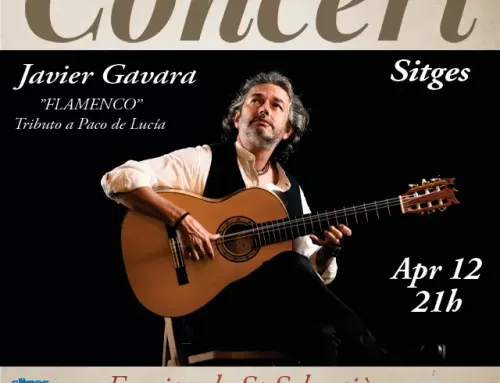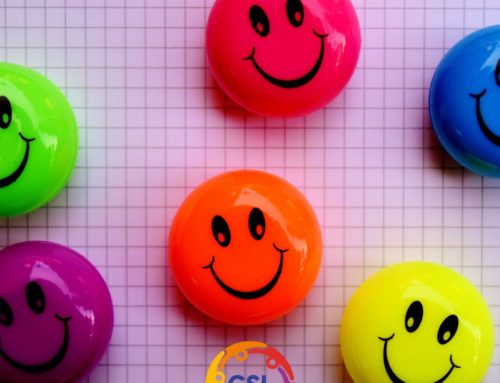“Gay loneliness as an epidemic: a recognition that comes from the same homosexual community and seems to have intrinsic causes. In “The Huffington Post” A gay journalist points to homosexual life and environment as major causes of unhappiness.”
Carmelo López-Arias – Magazine «Religión en libertad» 24 abril 2017
“You know, in the end, gays end up alone”

A few days ago they had told me: “you know, in the end, gays end up alone” and when I read that alarming news of the epidemic of gay loneliness that I found in the online press, I was intrigued. So I read the online articles by Carmelo López-Arias in “Religion and Freedom” 1 and that of Michael Hobbes in the “Huffington post” 2. Basically, they dealt with the same cases and the same topic, but they were worded differently.
Negative prejudices associated with the homosexual lifestyle

The first was written to promote the negative prejudices associated with the homosexual lifestyle that: immoral, immature, promiscuous, addicted to sexuality, alcohol and other drugs, with emotionally dependent and abusive relationships of short duration, hedonistic and centered on the sensation seeking, with deep frustration that is never overcome.
Internalised homophobia not surpassed

And the second was based on specific cases, friends of the author, which reflected internalised homophobia not surpassed, generalised for the entire gay community. Whether we like it or not, the negative prejudice against the homosexual world and homosexual people is, even today, very present in our society. And this prejudice also affects homosexual people.
There is no gay loneliness

Consequently, I believe that there is no gay loneliness, just as there is no heterosexual loneliness, or female loneliness, or male loneliness. However, there are mechanisms of social dynamics that can lead gay men, hetero or homosexual women, heterosexual men and people from other groups to loneliness.
Egotistical and uncooperative consumers, isolated and lonely

In mainstream Western culture there are dynamics in many areas that foster hedonism and individualism for the sake of pigeonholeing individuals as egotistical and uncooperative consumers, isolated and lonely, and that translate into a message that is in the air, that is It extends to the whole of society and that it indicates that the life that is worthwhile is the one that offers us continuous satisfaction, and those who experience it are those who know how to achieve this satisfaction for themselves, be it status, money, sex, power, privileges. or certain lifestyles.
The framework of the homosexual lifestyle

These dynamics show a type of social influence that in the gay community takes the form of the metaphor of the myth of Ganymede3 (described in verses from Homer’s Iliad and Ovid’s Metamorforsis), a young man so valued for his beauty that he awakens desire of the gods themselves, Zeus kidnaps him, makes him immortal and makes him his cupbearer so that the gods, he the first, can enjoy his beauty at their banquets. That implies that to be admired you have to be beautiful, young and be the protagonist in the parties of the environment and similar movements. Come on, the framework of what we have previously described as the homosexual lifestyle.
Yielding to social pressure

When this social influence (which can indicate that it is good to have a careful style and appearance, go to the gym, have fun, go to fashionable places to socialize) rises in degree and becomes social pressure (indicating that, if you are not handsome, young , you do not go to fashion and fashionable places, you are not accepted or you are not worth it), then the personal problem begins.
By yielding to social pressure, we allow it to transform in us into an unquestioned internal belief that tells us that, if I am not young and beautiful and I am not up to date, if I do not do what has to be done, they will reject me, I’m worth nothing and the like. Thus we have installed in our brain a software algorithm that works automatically and unconsciously, bringing rejection, unhappiness and loneliness.
“…use the gay environment, for what it can give you…”

And how can we prevent the social influence of the gay scene from becoming social pressure? A good friend of mine, also a psychologist and gay, answered this question: use the gay environment, for what it can give you, but your world, which is a gay world because it is yours, has many more fields that only you know, investigate them and take care of them.
In other words, the problem of so-called loneliness (gay or non-gay) does not lie so much in the gay environment and the entertainment and relationship options it offers, but in reducing our personal lifestyle to these options, making it our only style. of life, without further ado, without taking responsibility for meeting our needs for company, camaraderie or friendship in other contexts.
Emotional and Psychological Support Service

In the psychological assistance service, we help you to recognize your own personal and social affective needs, developing strategies so that meeting them is a satisfactory experience.
Juan Carlos Uríszar, psicólogo colegiado, responsable del Servicio de soporte emocional y psicológico de Colors Sitges Link, Associació LGTBIQ+
Ilustraciones: de 愚木混株 Cdd20 en Pixabay
Hold our hand
Do not hesitate and fill out the following form to make an appointment with our Emotional and Psychological Support Service. We will contact you shortly
Referencias:
- Carmelo López Arias: https://www.religionenlibertad.com/polemicas/56366/periodista-gay-senala-vida-ambiente-homosexuales-como.html
- Michael Hobbes, activista gay – Artículo “Juntos y solos. La epidemia de soledad gay” https://highline.huffingtonpost.com/articles/en/gay-loneliness/
- Juan Carlos Uríszar -2012 – Después de Ganimedes. Una aventura para hombres gays en transición de la juventud a la edad adulta y la senectud. Editorial EGALES – Barcelona






